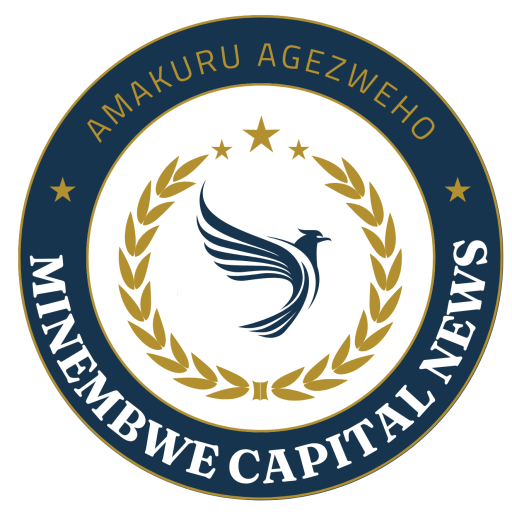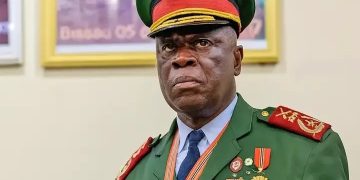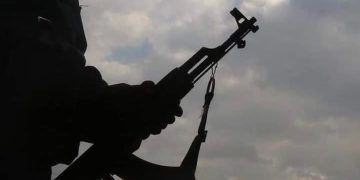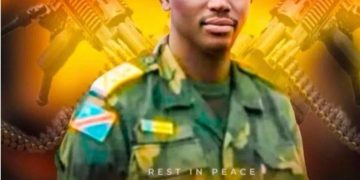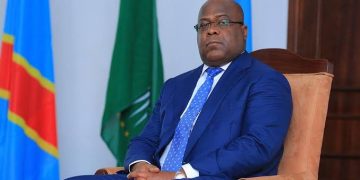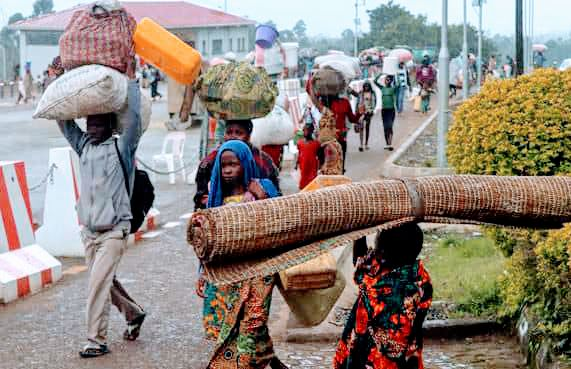
Rwanda and the Democratic Republic of Congo (DRC) have resumed talks to manage refugees on their soils the two countries agreed to reactivate agreements for the management of refugees on their respective sides on May 15 in Geneva.
Written by Chris Muhizi Minembwe Capital News 8:00pm Kinshasa DRCONGO Time.
In the past, such moves failed to garner cooperation over allegations that the countries were interfering with each other’s internal affairs.
Despite the tension between the two countries, Kigali and Kinshasa will continue to grant asylum to Rwandan and Congolese citizens seeking international protection.
At the height of the fighting in Kivu between the M23 and the Congolese army in January, Rwandan President Paul Kagame said his country would no longer host Congolese refugees on its soil.
The tone from the communique was promising. But the verbal escalation between Rwanda and the DRC is often based on military and political tension, which sometimes affects humanitarian issues.
The Rwandan president has in the past called on the DRC to allow back its citizens who had fled to Rwanda.
But the Congolese government retorted that “Congo does not refuse to receive its children,” but demanded adequate vetting.
“The Congolese authorities fear that there are spies in the pay of the enemy among the refugees,” Prof Dady Saleh, a lecturer at Goma University
One problem has been that the refugees are culturally related and speak a common language. In the DRC, Rwandan refugees are mixed with Congolese citizens rather than being encamped.
Congolese authorities, and some politicians, have always feared they may claim Congolese nationality.
In 2013, in Pretoria, the Congolese government refused to sign agreements on the same issue in spite of various renewed discussions in Geneva.
Kigali has repeatedly blamed Kinshasa for the crisis and accused the international community of turning a blind eye to the DRC’s alleged support for the Democratic Forces for the Liberation of Rwanda (FDLR), a mainly Rwandan Hutu rebel movement implicated in the 1994 genocide in Rwanda.
Kigali sees the FDLR as a threat that justifies incursions into the DRC.
Rwanda has also accused the DRC – where presidential elections are due this December – of using the conflict for political purposes .
